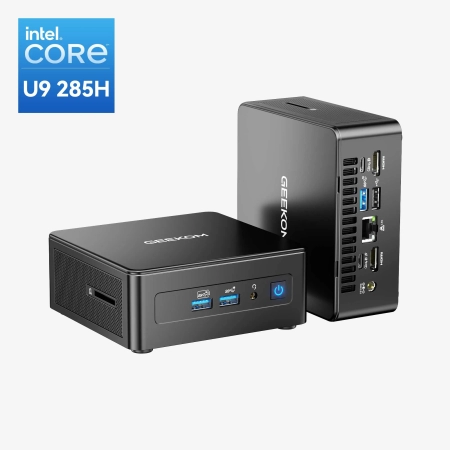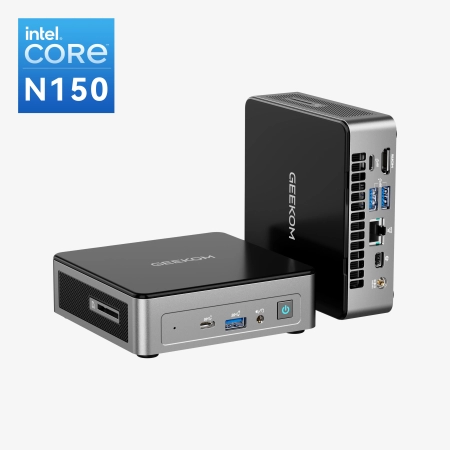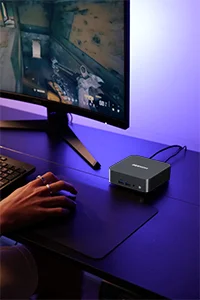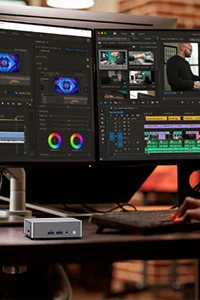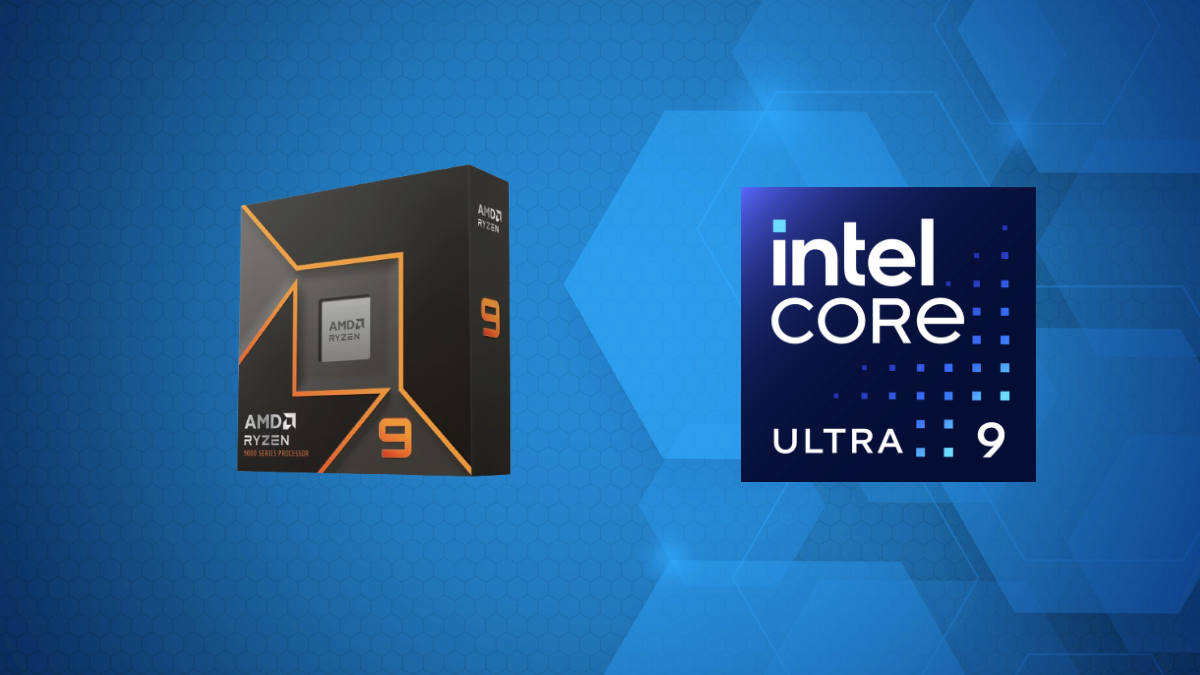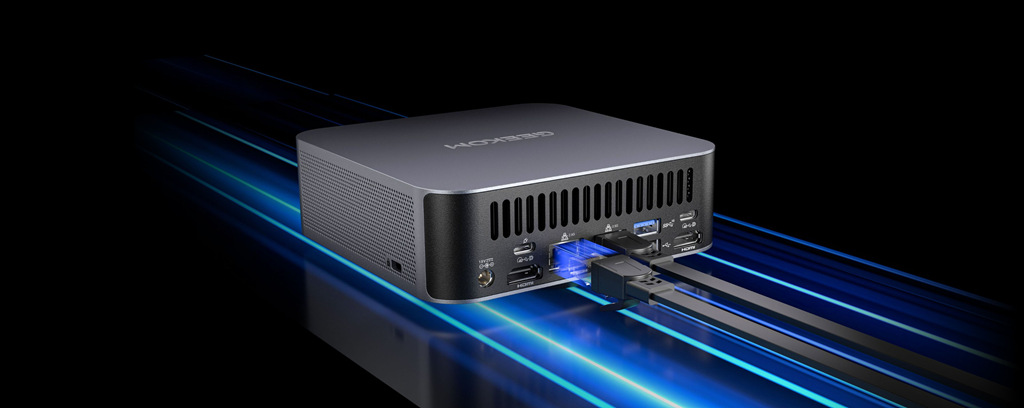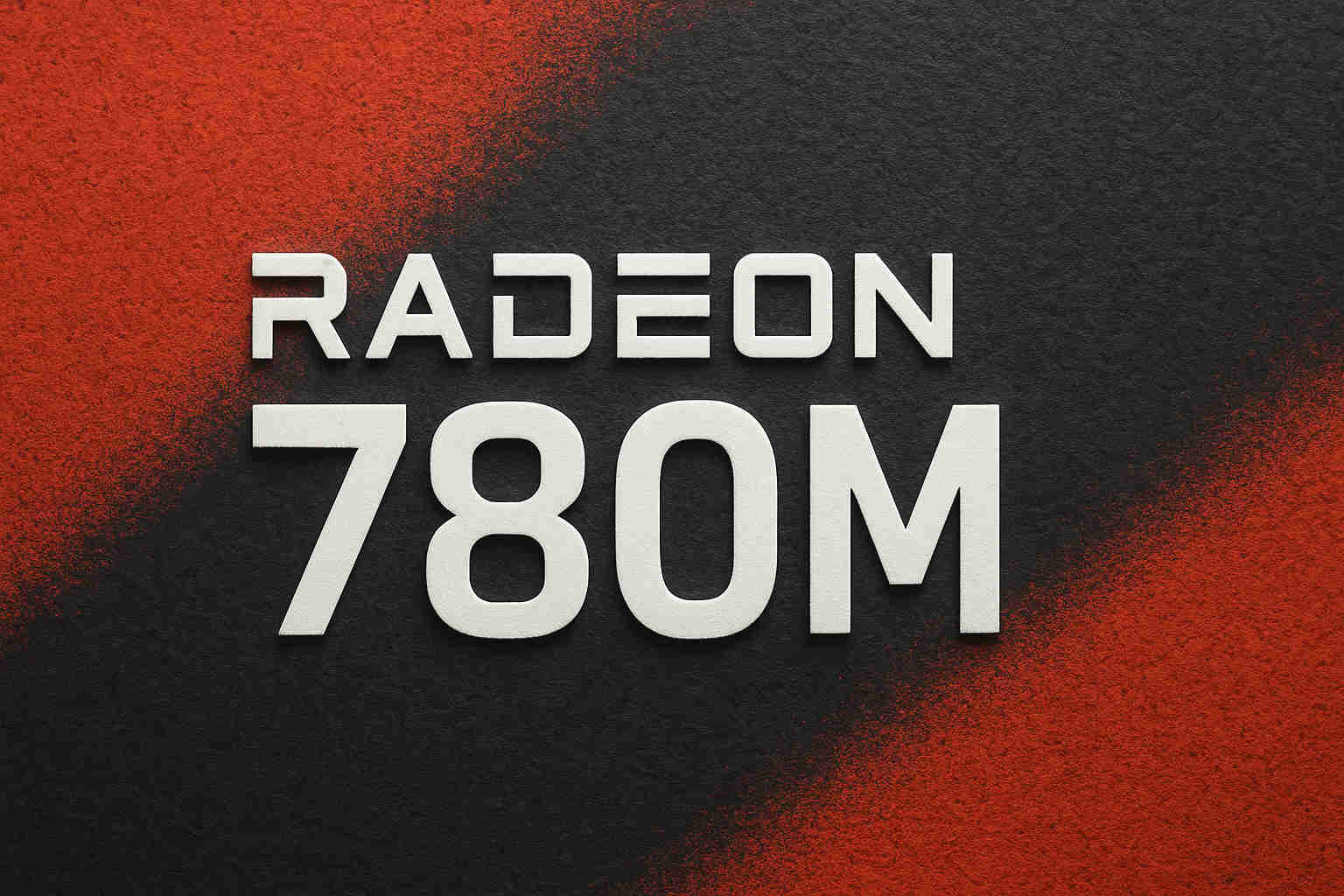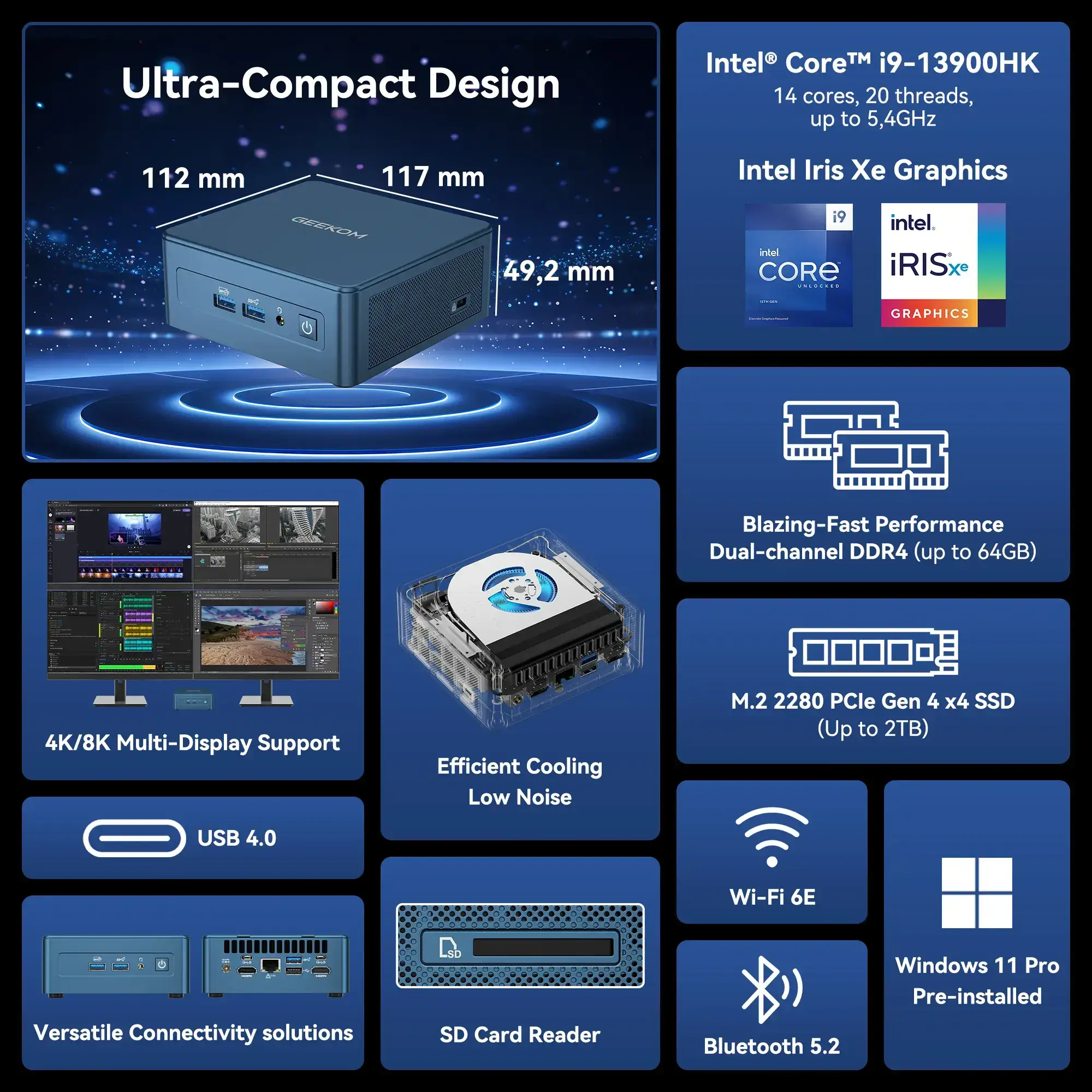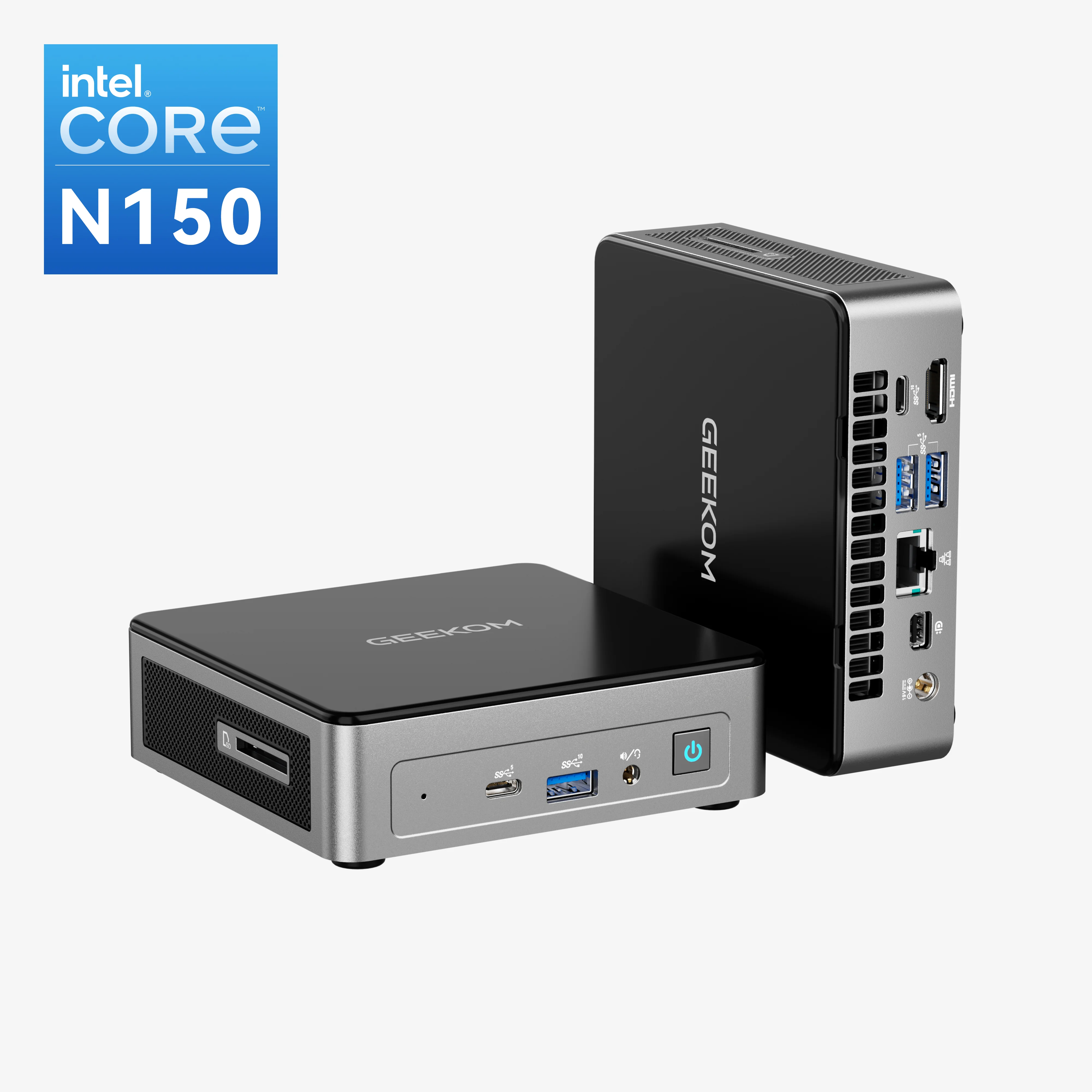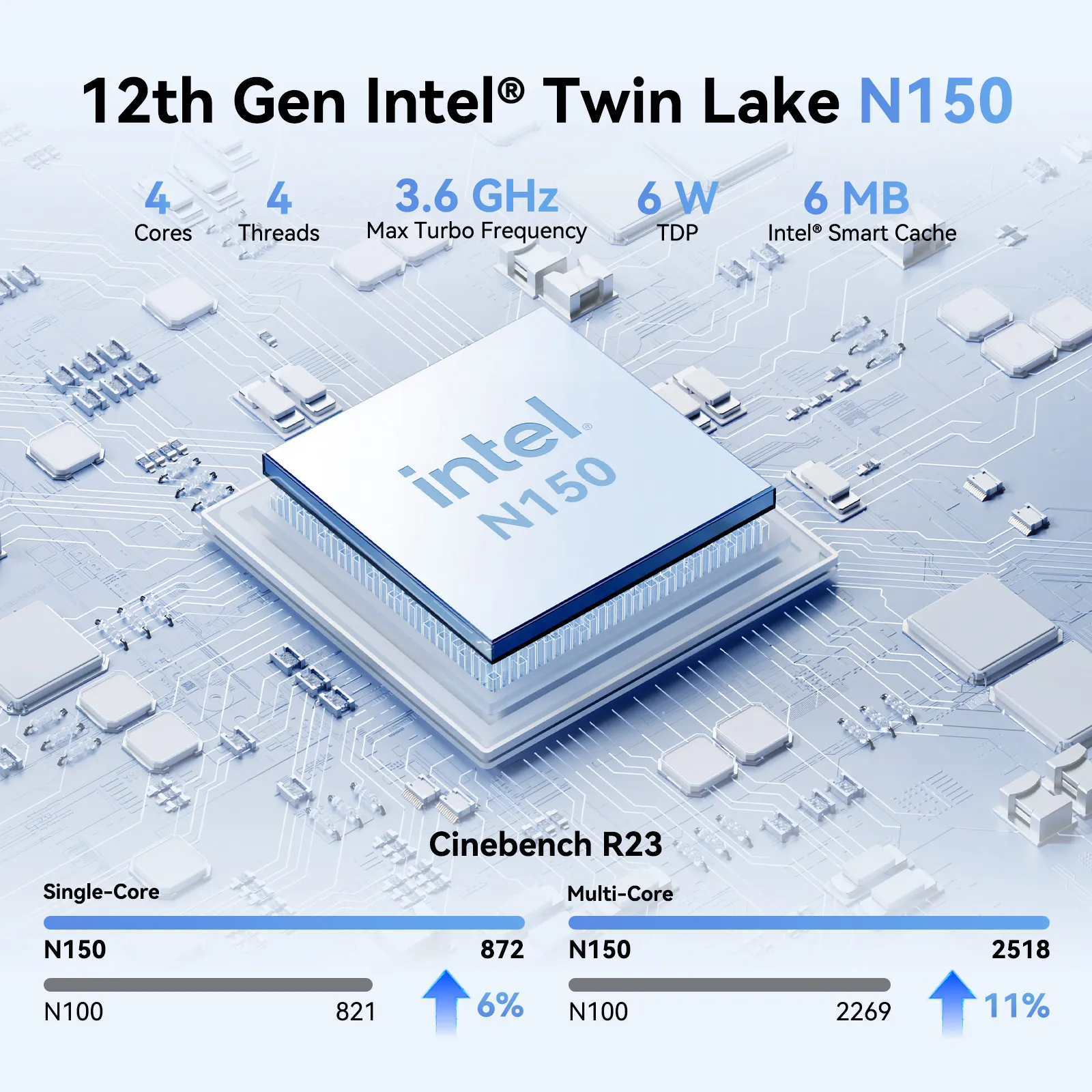AI went from being an exotic topic, understandable and usable by just elite PC users, to being an important part of computer use in an amazingly short period of time. Over the past year, numerous AI services have appeared, including Microsoft’s Copilot, a rebranding and extension of Bing. But Copilot is not a single service, but three separate offerings—Copilot, Copilot Pro, and Copilot+ PC. Copilot is the base service and is part of Windows 11 release 23H2; being a replacement for the Bing browser, and offers many of the basic AI enhancements to a simple browser-based search. Copilot Pro is a subscription service that provides AI services and enhancements to Windows 365 users.
Copilot+ PC is a somewhat different animal. While pretty much any PC can perform AI tasks, if the tasks are complex or if there is a lot of data to parse, especially if it’s not contained on the computer itself, it’s easy for a PC that is not enhanced with AI components to bog down or take significant time to complete the desired task. Copilot and Copilot Pro both use the cloud to perform much of the AI-intensive work and are severely limited many times by not being able to operate when not connected to the internet. Copilot+ PCs contain an additional component called an NPU, or Neural Processing Unit. This NPU is incorporated into the CPU as with the Qualcomm Snapdragon X Elite, as well as the forthcoming AMD Ryzen 300AI series of processors.
What advantages do Copilot+ PCs offer?
Copilot+ keeps the same enhancements offered with the base version of Copilot. The most basic of these, and probably the most often used, is Chat. You can ask Copilot anything, and while some inquiries produce search results, others are comprehensive. Copilot uses some of its technology from OpenAI, which Microsoft has a financial stake in. Depending on what you need, Copilot can find flights for an upcoming trip, recommend hotels and restaurants, create a resume, and write an email, create a cool PowerPoint presentation or business report (and, unfortunately, dissertations and reports for school) as well as others way too numerous to list. The Internet should supply tons of videos to get you up and running, it won’t be long before helpful books on making the most of Copilot will appear. Needless to say, you’ll spend a lot of time playing Copilot.
In addition to supercharging some of the most useful Windows applications, Copilot+ offers some benefits that really increase the usefulness of your laptop. Probably the most talked about is Windows Recall. When it’s released it should allow you to find anything you’ve seen on your PC. You can use clues or scroll through the timeline to find what you are looking for. At least that was what Microsoft detailed before they “recalled” the app and now lists it as a feature that is coming soon due to security and privacy concerns.
It’s important to know that some of the Copilot features are only available with Copilot for Microsoft 365, which costs $30/month and adds features to Microsoft 365 applications.
In the plus column, Copilot+ PCs do have a number of really nifty features. Cocreator works with Microsoft Designer and Paint and turns a text description or a rough drawing into a professional-looking image. Cocreate is similar to services such as Midjourney and Dall-E, letting you create an image from a text prompt and perform this locally on the Copilot+ PC rather than having to use the internet. It also lets you do photo editing and change the style of an image with Image Creator in Photos. More imaging power will soon be available in Adobe’s flagship applications—Photoshop, Lightroom, and Express.
Copilot+ provides some impressive video effects. Live Caption can translate 44 different languages and put subtitles in real-time on a video. This works with recorded video and/or audio. Windows Studio Effects Portrait Light automatically adjusts the image so that it can be better read in low-light environments, while three new creative filters let you create a unique background in your video calls. There’s even an Eye Contact teleprompter that maintains eye contact even when you are reading your screen.
A number of third-party software vendors are also linking their applications to Copilot+. These applications include DaVinci Resolve Studio, CapCut, Cephable, Liquid Text, djay Pro, Luminar Neo, and McAfee.
Where are the Copilot+ PCs now?
At the moment, Copilot+ capability is only available in a number of laptop PCs. These all have Snapdragon X Elite processors, which incorporate an NPU that can perform 45 TOPS (Tera Operations Per Second), necessary to perform AI operations locally with reasonable speed. Currently, these laptops include the Microsoft Surface Pro, ASUS Vivobook S 15, Microsoft Surface Laptop, Samsung Galaxy Book4 Edge, Acer Swift 14 AI, Dell XPS 13, HP OmniBook X 14, Lenovo Yoga Slim 7x and ThinkPad T14s Gen6, and Dell Inspiron 14 Plus. These vendors have also announced additional models with Copilot+ that may be available now or should be available soon. Also announced at Computex were several MSI Copilot+ laptops. Expect more models to be announced and available soon.
What’s Next for AI PC?

While at this moment, Copilot+ runs only on laptops using the Qualcomm Snapdragon X Elite processor, both AMD and Intel have announced their intention to add powerful NPUs to their upcoming CPUs. Intel hasn’t given any information about its forthcoming processor other than it will have an NPU capable of supporting Copilot+. Many current CPUs have NPUs as part of the processor, but these NPUs don’t have the minimum 40 TOPS (Tera Operations Per Second) requirement for Copilot+.
But laptop vendors are already jumping on the AMD Copilot+ bandwagon with the new Ryzen A1 300 series hitting 50 TOPS. HP has announced its OmniBook Ultra powered by AMD’s Ryzen A1 300 series CPU. HP’s press release notes that the OmniBook Ultra will not be certified by Microsoft as a Copilot+ PC on release, but an update later in the year will add this certification. HP is not the only PC vendor in this circumstance; other vendors will be announcing AMD and Intel-powered laptops capable of being certified as Copilot+ PCs in the very near future.
An interesting question is whether Copilot+ PCs will appear in desktop form. While no vendor has yet announced one, it seems probable that they will, assuming the Copilot+ laptops become popular. Also likely is that the initial wave of desktop Copilot+ capable desktops will be of the mini-PC form factor. Mini PCs seem to become more popular by the day, offering performance equal to most desktops with similar CPUs. The same CPUs used in laptops work well with tiny PCs, as some of the needs are similar—low power usage and decent heat distribution.
AI is just picking up speed. Given history, the technology and applications will keep pace with the advances in processor power and software. Hold onto your keyboards-it’s going to be an adventure.

Ted Needleman
Ted Needleman has been writing reviews and columns on computers since the late 1970s. He has been a programer, DP Manager, Accountant, the Editor in Chief of a technology magazine, and the Director of a printer and scanner test lab.


